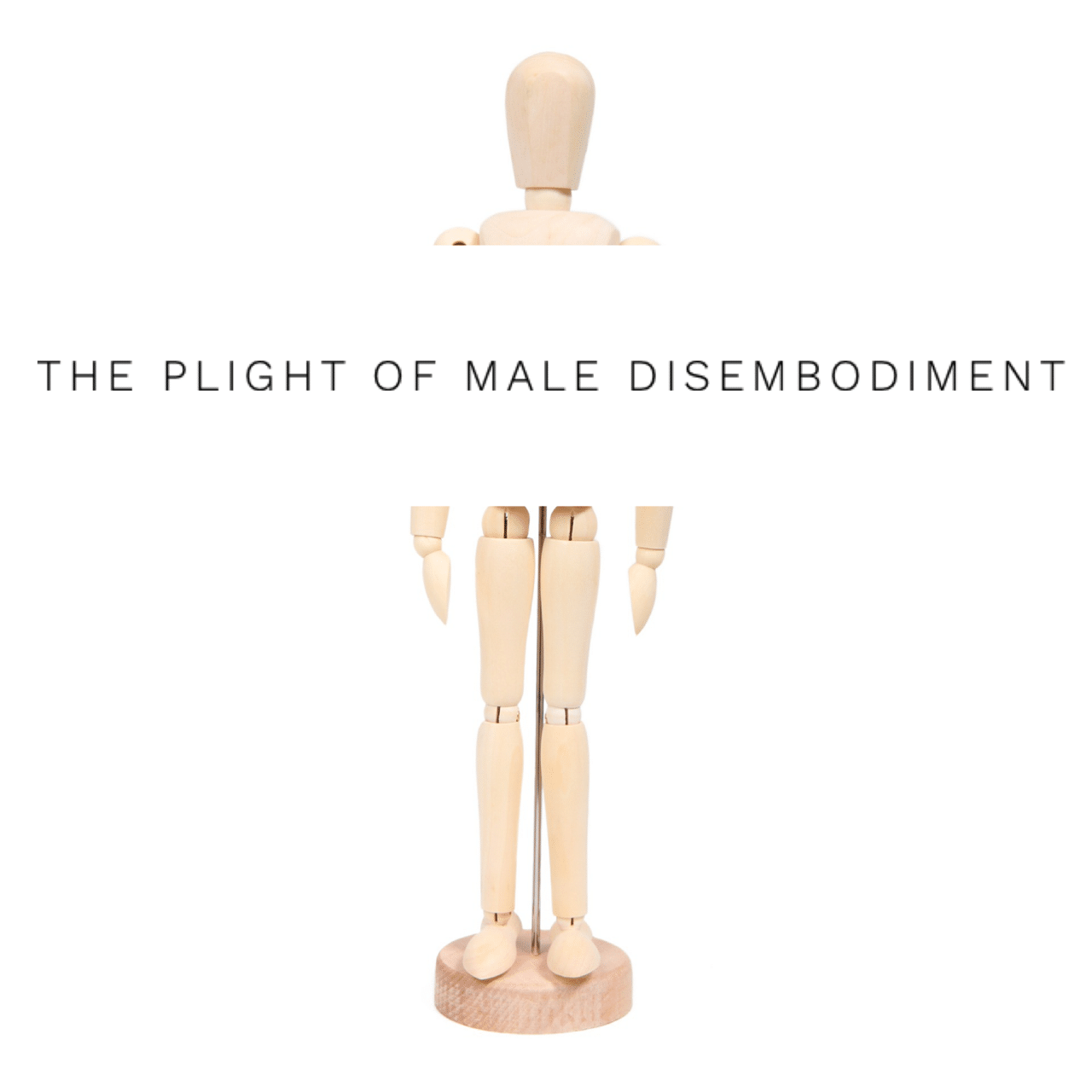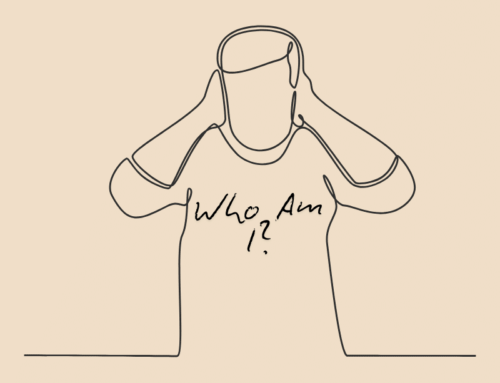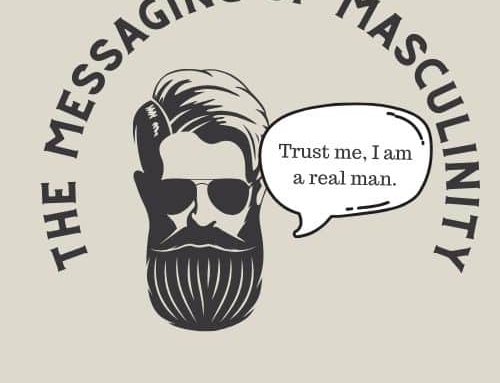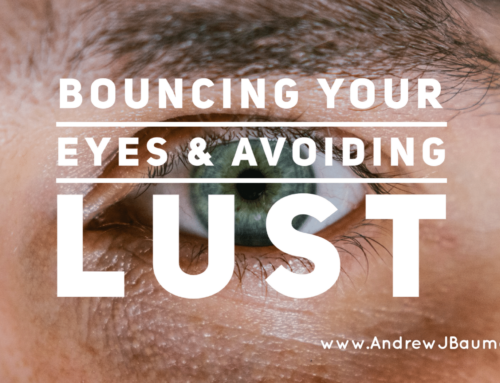I am honored to feature my wife, Dr. Christy Bauman, and her essay below. You can find her work https://christybauman.com/ and www.ChristianCC.org and follow her on Instagram.
My story is that I grew up with a father who is a sex addict. While he never touched me, his sexual unhealthiness leaked all over my psyche throughout my development. He taught me to be adventurous with my body because it was probably the only safe way he knew how to raise girls without physically abusing us. While sexuality invites both men and women to be embodied, our society uniquely sets up the male body to remain disembodied. For my father, he had learned he could safely be embodied through adventure. So, my siblings and I learned how to adventure with him, most commonly by diving shipwrecks in the Caribbean. While the adventure made me a compelling female to my small-town community, I still had confusion about my father’s sexuality and thus what was healthy masculinity.
As the daughter of a sex addict, you learn to hide your body from men and never trust them. I gave myself over to travel and adventure because it was a safe way to be embodied around men. Although adventure held an aspect of sexuality, it was less dangerous for me than embodied sexuality. I swung the pendulum and submerged myself in a church culture that taught me to cover up my body. That my body was dangerous, a temptation, a potential stumbling block, to “every man’s battle” with lust and objectification. I was supposed to be holy under God and to submit to male authority without confrontation but coddlement, and submission. The message was to make myself small and invisible. If you use your body and your power and your sexuality, you will be immediately deemed as unholy and a threat. So, I learned to dress modestly and get my affirmations from men by talking about my grand adventures.
The plight of the female is that she has little choice to a disembodied life. Women’s gender is inherently embodied. As I grew into my womanhood, the embodiment also grew. I begin having my monthly period, budding breasts become engorged and milk-filled, thighs turn into birthing hips, pregnancies turned into babies, and sexuality, and beauty for the female cannot be escaped. Her body will not be released, every bathroom mirror leads her back to her face and body. Birth. Breastfeeding. Of course, this isn’t all women, and of course, there are many women who are disembodied but I do believe our body as a woman is uniquely made and calls us to know God more fully. Check out my book “Theology of the Womb” if you want to know more.
In my womanhood, I am always called back into a relationship with my body. Her reflection reminds her that this body will not be silent. Someone wants to kiss or make love to it. Embodiment is constant and oftentimes exhausting in a society that is objectifying – the female body is anything but an object. The female has little room to be disembodied, often unembodied men demand me to leave myself, to conform to society, to church stereotypes and pornographic fantasies that demand me to betray myself.
The plight of men is that their bodies will let them remain disembodied while their emotions will not. The male body often has to hike mountains, plunge into deep waters, and build with his own hands in order to stay stave off his insatiable body. The male body comes into his embodiment sadly through pain. Sexuality becomes a slippery slope for he is always beckoned by his body to soothe his desire. The male has no monthly blood, and no bra to put on every day reminding him of his chest. He has no children growing within him or suckling at his nipple. Men don’t have a seamless invitation to embodied life. The disembodied man is celebrated by other disembodied men. Many times the numb, violent, disconnected man is considered the epitome of masculinity. While the embodied man is seen as weak and a liability, targeted by our society in an objectifying culture. It is not welcome to have embodied men without requiring much from them.
Men who live embodied must be checking in with themselves, asking the question what do I feel? What is that I sense is needed at this moment? What is my body asking me? What is the story of the different parts of my body? What if I got my different body parts a voice? What would they say? This is a hard discipline. Also, it is difficult to find a community of men who are in a similar commitment to the embodied male life. Yet our bodies, whatever the gender, long to be fully whole and at home within themselves. We can tell in most interactions what the relationship the person has with their bodies. Some athletic men have a working relationship with their bodies – strength, and fitness don’t translate to embodiment. The congruence between one’s body and the tangible form of their inner landscape is embodiment.
Will you consider your relationship with your body today? If you feel like a bystander to your own life would you consider doing bodywork to begin to know yourself more fully and kindly?
We’d be glad to walk beside you as you discover the wild God that lives within you.






